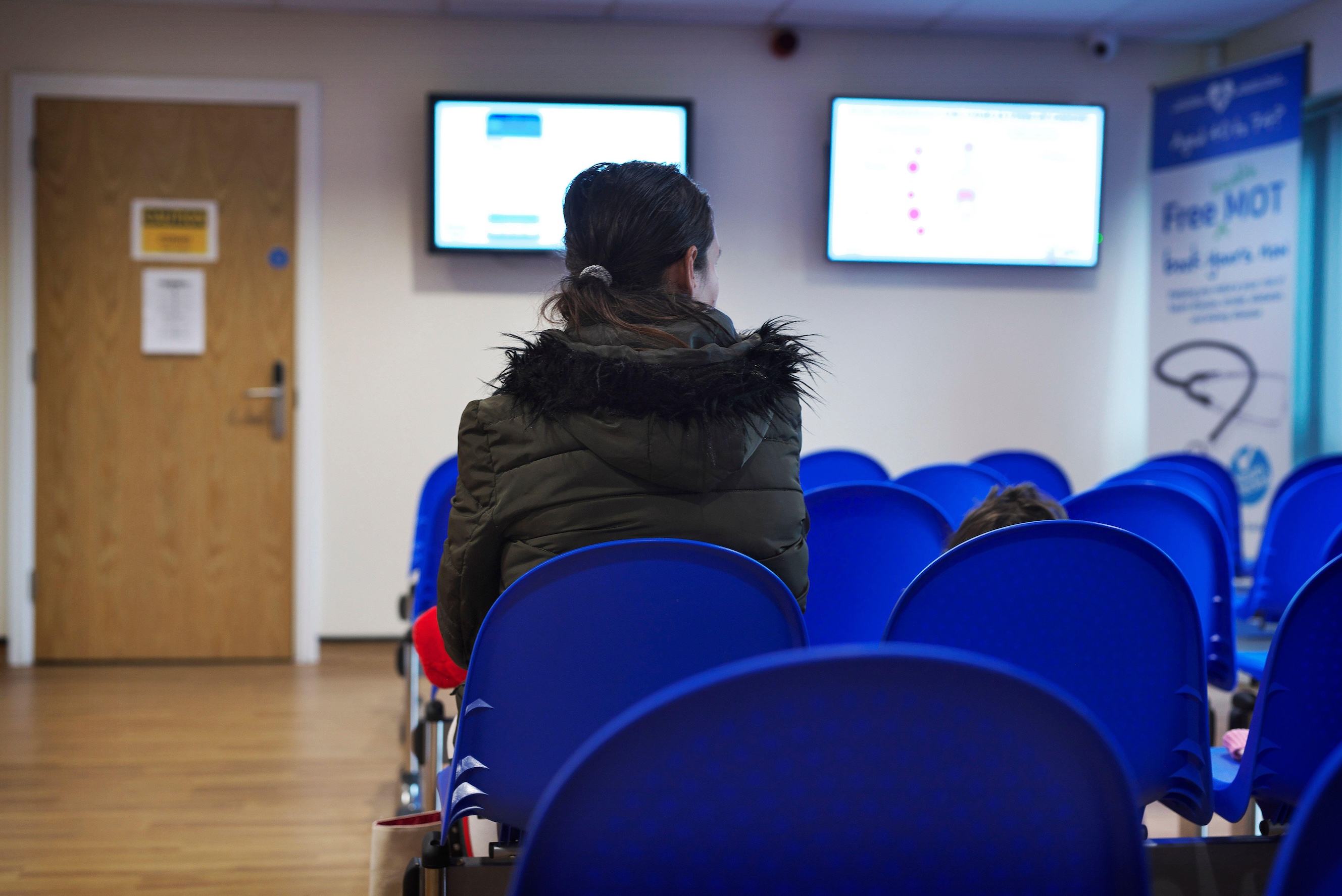We can't replace doctors with physician associates
A few years back, the narrative was that we didn’t have enough doctors; now, we have doctors out of work. Meanwhile, there is a plan to boost the physician associate workforce from 1,000 to 10,000 in a matter of years.
Dr Partha Kar is the NHS national speciality advisor on Diabetes and a leader in the use of technology to manage and treat Type 1 Diabetes. Here he tells Hannah Fearn about his fears about the use and abuse of physician associations – and how their lack of training puts patients at risk.
When doctors like me have questioned the role and remit of physician associates, we have been told we are being elitist – that’s unfair. I probably work in one of the most expansive disciplines in medicine; we’ve got nurses, pharmacists, dieticians and many others involved in the care of each diabetic patient. I can’t do what a podiatrist does, I can’t do what a dietician does, but I do know exactly what everybody does.
My question to the Royal College of Physicians and the NHS workforce and training body is this: what does a physician associate actually do? Physician associates are described as healthcare professionals with a generalist healthcare education who work alongside doctors and surgeons providing medical care. Yet, in my opinion, we have a group of clinicians with no clear scope or remit and no formal regulation. There are also no set ways to train and supervise them. These clinicians can basically do whatever they want – or, more accurately, whatever their employers want.
I recently saw an advert for a PA expert in diabetes, lung conditions and heart failure. Even I, as a medical consultant, having been through seven years of generalist training, would never say something like that.
When I say I’m a consultant in diabetes, people know what my remit is and I am continually trained and regulated within the scope of that remit. If I said I really fancy doing a colonoscopy, I would be reported to my regulatory body, the General Medical Council, and they would decide if I could continue to practice medicine as I would be doing something unsafe. With PAs, we cannot say the same.
Being a generalist is supposed to be the toughest job in the system. If a PA is calling themselves a generalist, with two years of training, that makes no sense because becoming a GP takes far longer, and rightly so. That’s a safety issue. While the news that PAs will finally be regulated from December this year is welcome, some doctors are concerned that regulation from the GMC would further confuse patients by equivocating the role with a doctor’s.
It’s concerning that the long term workforce plan, set in motion by the previous government, is to boost the PA workforce from 1,000 to 10,000 in a matter of years. However, there is no data to show that this is a good thing to do and there is no commitment from Labour to pause recruitment.
In recent months, we have seen cases such as the death of 30-year-old Emily Chesterton, who died after being misdiagnosed by a PA. If this was a case resulting from questions about the quality of a drug, we wouldn’t start issuing more of it; we would pause prescriptions until the data could tell us that there was no risk to patient safety. There is an existing register of PAs, but signing up for it is voluntary, and it has no teeth: there is no requirement to be registered and no threat of removal from the register for malpractice.
I wasn’t even aware of the issue with physician associates until September of last year, but once I started raising my concerns about the way they were used and regulated, I noticed something interesting: a lot of people got very defensive.
Since then, the public outcry about PAs has caused the royal colleges to go into backtrack mode, and NHS England is now publishing guidelines stating that every case handled by a PA will be reviewed by a doctor. Why are we duplicating work when we have newly qualified GPs and foundation trainees who are unable to find stable employment? A BMA survey last month revealed that four in five locum GPs in England are unable to find work or struggling to find enough work.
A few years back the narrative was that we don’t have enough doctors, now we have doctors out of a job. This is just silly; we’ve spent taxpayers’ money to train them and now they’re going to leave for other countries because they need to find work. Last year, we lost around 4,000 doctors to jobs abroad.
More than anything, this situation is totally unfair for existing PAs. They have been sold a pup, but now find themselves in a precarious situation. They’re workers with no unions, so you can give them whatever pay you want. At the same time, the PA title and role is one that you can’t use in any other international system, so they can’t find work abroad.
I can’t help but notice that for the government, this is an NHS workforce dream, yet for everyone else, and most importantly, patients, it is an avoidable nightmare.
The Lead is now on Substack.
Become a Member, and get our most groundbreaking content first. Become a Founder, and join the newsroom’s internal conversation - meet the writers, the editors and more.





